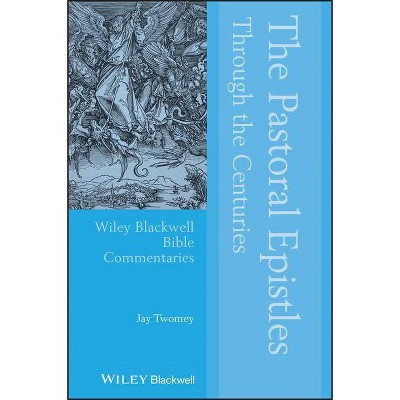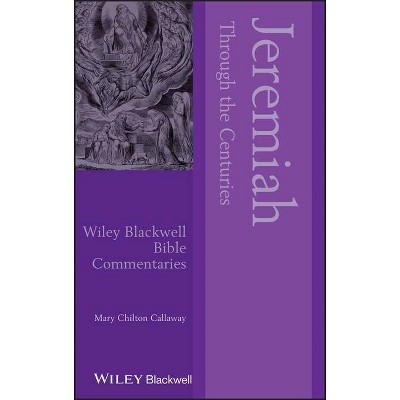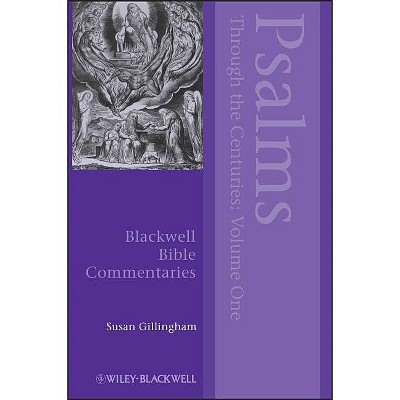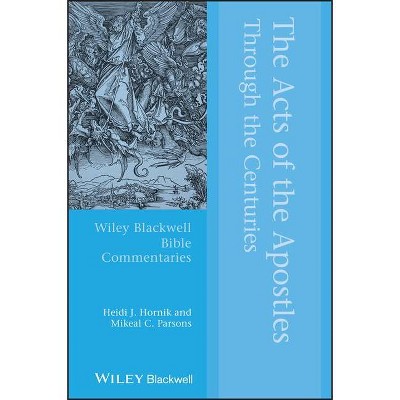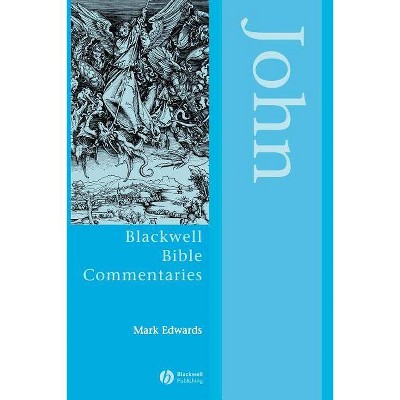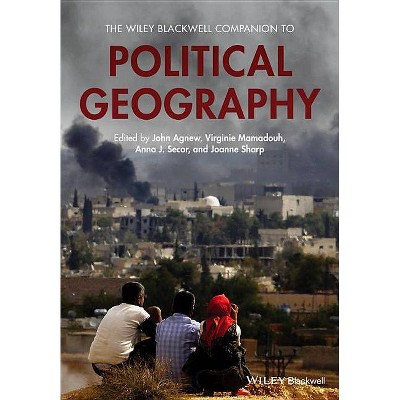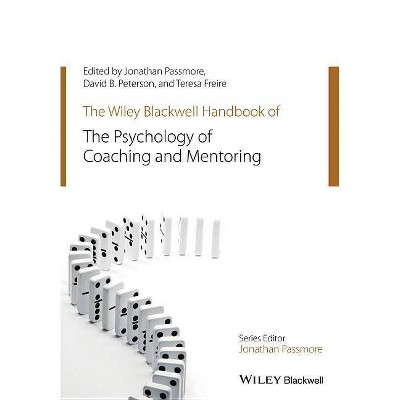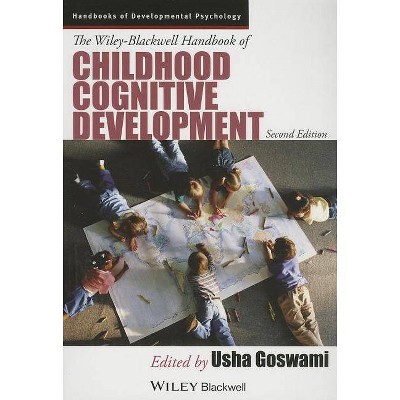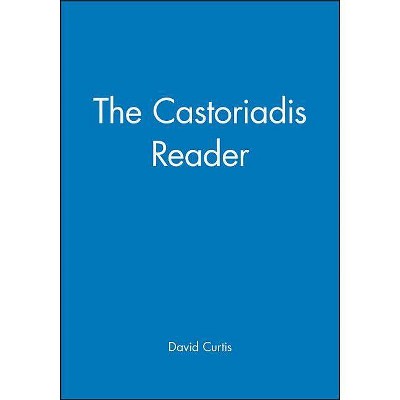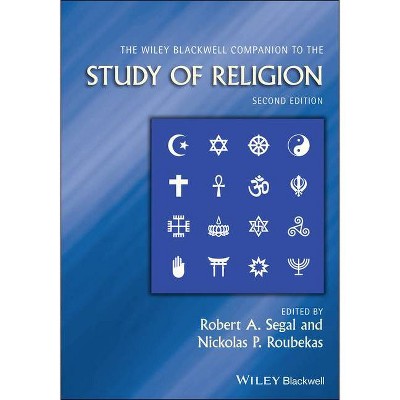Esther Through the Centuries - (Wiley Blackwell Bible Commentaries) by Jo Carruthers (Paperback)
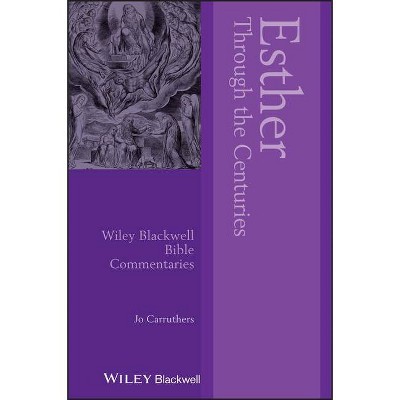
Similar Products
Products of same category from the store
AllProduct info
<p/><br></br><p><b> Book Synopsis </b></p></br></br>This interdisciplinary commentary ranges from early midrashic interpretation to contemporary rewritings introducing interpretations of the only biblical book not to mention God. <br /> <ul> <li>Unearths a wealth of neglected rewritings inspired by the story's relevance to themes of nationhood, rebellion, providence, revenge, female heroism, Jewish identity, exile, genocide and 'multiculturalism'</li> <li>Reveals the various struggles and strategies used by religious commentators to make sense of this only biblical book that does not mention God</li> <li>Asks why Esther is underestimated by contemporary feminist scholars despite a long history of subversive rewritings</li> <li>Compares the most influential Jewish and Christian interpretations and interpreters</li> <li>Includes an introduction to the book's myriad representations in literature, music, and art</li> <li>Published in the reception-history series, <i>Blackwell Bible Commentaries</i></li> </ul><p/><br></br><p><b> From the Back Cover </b></p></br></br><p><i>Esther Through the Centurie</i>s traces Jewish, Christian and secular reception of the only biblical book not to mention God. Author Jo Carruthers introduces the most significant adaptations of this story of Jewish life in the Persian Empire; a tale about averted genocide, a heroic queen and the machinations of court politics. Prominent in the Jewish tradition because of the festival of Purim, Esther has also provoked and inspired Christian and secular writers, artists, musicians and commentators for two millennia. <p>This commentary unearths a wealth of neglected rewritings inspired by the story's engagement with themes of nationhood, rebellion, providence, revenge, female heroism, Jewish identity, exile and genocide. Ranging from early rabbinic interpretation to contemporary rewritings, the book discusses the significance of Esther for artists such as George Eliot, Nathaniel Hawthorne, Handel and Michelangelo, who are drawn to the cosmic drama of good versus evil and its authoritative yet transgressive queen. The book examines Esther chapter by chapter, revealing a surprising afterlife remarkably resonant with contemporary preoccupations. <p><i>Esther Through the Centuries</i> is published within the Wiley Blackwell Bible Commentaries series. Further information about this innovative reception history series is available at <b>www.bbibcomm.info.</b><p/><br></br><p><b> Review Quotes </b></p></br></br><br>"The author digs up literary echoes and poetic versions of the biblical book of Esther.... This important scholarly resource originated as a PhD thesis in the University of Manchester. It is to be hoped the PhD students can be interested in doing similar research, producing studies as valuable as the present one." ("International Review of Biblical Studies," 2007-2008)<P>"This book can be highly recommended. It provides a fascinating glimpse of how the Bible has shaped ... The ideals of society throughout history." ("Expository Times," November 2008)<P>"Carruthers looks at the reception of the text in detail, but also has an introduction to different ways of viewing the biblical book." ("Church Times," October 2008)<br><br>"This book can be highly recommended. It provides a fascinating glimpse of how the Bible has shaped ... The ideals of society throughout history." ("Expository Times," November 2008) <P> "Carruthers looks at the reception of the text in detail, but also has an introduction to different ways of viewing the biblical book." ("Church Times," October 2008)<br><br>"Carruthers looks at the reception of the text in detail, but also has an introduction to different ways of viewing the biblical book." ("Church Times," October 2008)<br><p/><br></br><p><b> About the Author </b></p></br></br><p><b>Jo Carruthers</b> teaches at Lancaster University, UK, and works across the disciplines of literary and religious studies. Her books include <i>The Politics of Purim: Law, Sovereignty and Hospitality in the Aesthetic Afterlives of Esther</i> (2020);<i> England's Secular Scripture: Islamophobia and the Protestant Aesthetic</i> (2011); and<i> Literature and the Bible: A Reader</i> (with Mark Knight and Andrew Tate, 2013).
Price History
Price Archive shows prices from various stores, lets you see history and find the cheapest. There is no actual sale on the website. For all support, inquiry and suggestion messagescommunication@pricearchive.us
